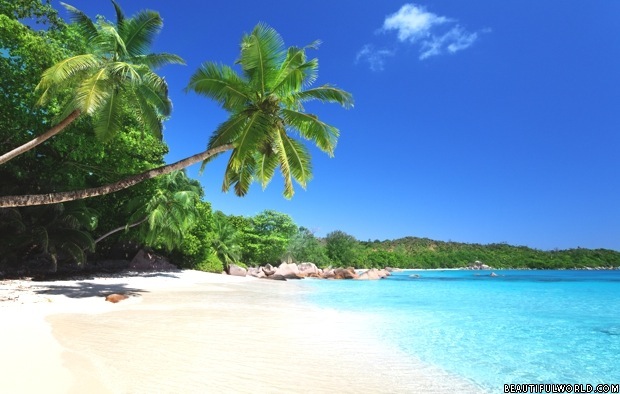Hikkaduwa (Sri Lanka): Sipping fresh coconut water while sunbathing on the deserted Hikkaduwa beach, Alexi Konchayenko, a sports trainer from Ukraine, struck a stoical note.
“Bomb blasts can happen anywhere, anytime,” he said, adding that he was is afraid. “Sri Lanka is an amazing country. This is my first visit and I will tell my friends also to come.”
His is a lone voice though — and a lone presence. Sri Lanka was the Lonely Planet guide’s top travel destination for 2019, but since the Easter Sunday attacks on churches and luxury hotels last month, foreign tourists have fled.
Many of those booked to come in the next few months have cancelled. Hotel occupancy across the island has plummeted by 85 per cent to 90 per cent. The tropical beaches, restaurants and shops are empty.
The coordinated suicide bombings on April 21 not only destroyed lives but also wiped out the livelihoods of Sri Lankans who depend on tourism. More than 250 people, including 45 foreigners mainly from China, India, the US and the UK died in the Islamic State group-claimed blasts.
Tourists normally come here, in southwest Sri Lanka, for the strong waves that are perfect for surfing and sparkling clear waters made for snorkeling. Today, of the 27 hotels, very few are open. Most, along with the eateries that line the six-kilometer stretch of palm-fringed beach, are closed.
Among the few hotels still open is the Hikkaduwa Beach Hotel. All 50 rooms were occupied April 21; today, only a handful.
“It’s a real disaster. We don’t know what to do right now,” said Sanjeewani Yogarajah, an executive with the hotel. She said the attack has cost the hotel 5.5 million Sri Lankan rupees (USD 31,000), forcing the hotel’s management to send half the staff home.
Lankesha Ponnamperuma, general manager of hotel chain Hikka Tranz, is one of the luckier ones. While most hotels report wholesale cancellations, he is surviving thanks to business from local residents. Last Friday, two-thirds of the 150 rooms were booked, mostly by domestic tourists.
“I haven’t sacked anyone yet. Instead, we are training our people to adjust their expenditure and helping them restructure their bank loans,” Ponnamperuma said.
The president of Sri Lanka’s Hotels Association, Sanath Ukwatta, said hotels have offered 30-50% discounts to entice local residents. “Such a strategy won’t solve the problem though,” he said, but will ‘help at least to keep the hotels going’.
The manager of a clothing shop said the owner had shut the group’s other two shops and the factory too. “Business collapsed after April 21,” said Kumari, who declined to give her surname.
According to government figures, there has been an 80% drop in arrivals since the attack. Tourism accounts for 4.9% of Sri Lanka’s GDP.
Last year, 2.3 million tourists visited the island, generating USD 4.4 billion in revenues, a nearly 12 per cent jump from 2017. Around half a million Sri Lankans directly depend on tourism while two million depend on it indirectly.
One of them is Mohomed Musflick, the owner of a souvenir shop in Galle which is full of wood carvings, local paintings and postcards. “I have not sold one item since April 21. There are no tourists and we are in a huge crisis,” he said.
A travel ban issued by nearly a dozen countries is the greatest cause for concern. “The ban is our main worry. Until it is removed or softened, we can’t start our marketing to attract tourists. If it is lifted soon, we are hopeful we can bounce back this year or otherwise definitely next year for sure,” said Yogarajah.
The industry is clear about what else it wants from the authorities: Ensure that stringent security measures are in place to reassure potential visitors; persuade politicians to put their differences aside and adopt a bipartisan approach on national security; and work fast to get the travel ban lifted.
To help the industry cope, the government has put together a relief package comprising easy loans at special rates and reduced taxes. The government also plans to formulate a USD 100 million insurance fund for compensation to any tourist injured or killed while visiting the island.
Whether all this will work… only time will tell.
AP

